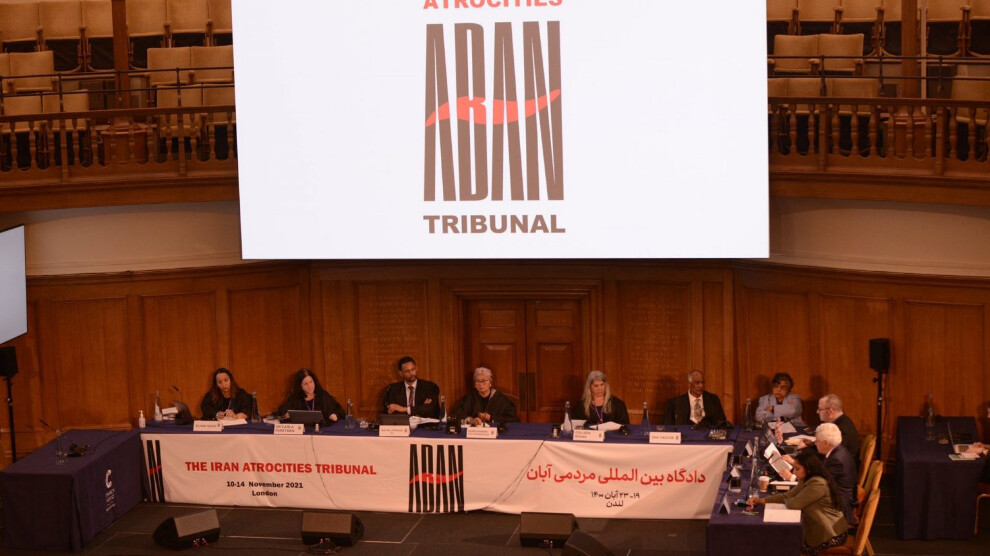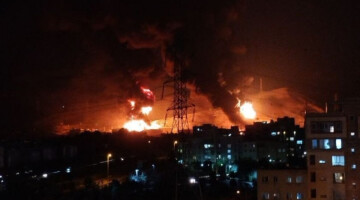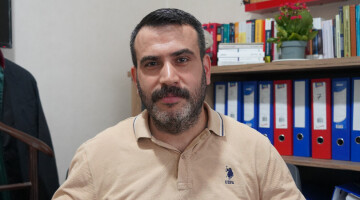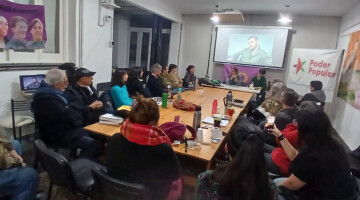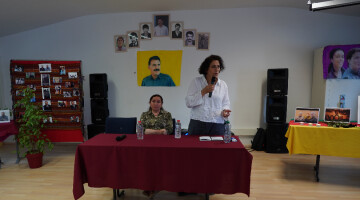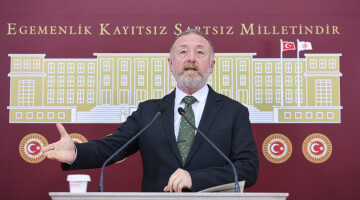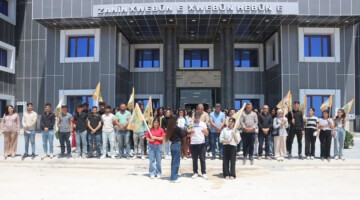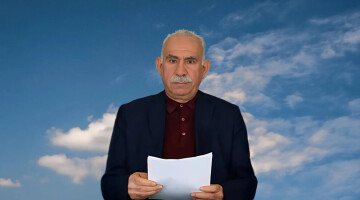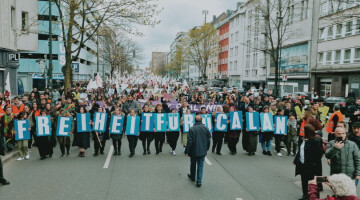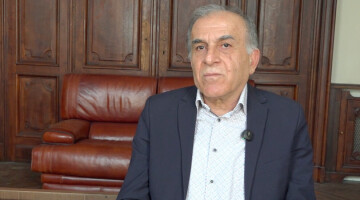The Aban International People’s Tribunal on Iran’s atrocities delivered a summary of their findings on September 30, 2022. It found that the Islamic Republic government and its security forces (including the Ministry of Interior, the Supreme Council of National Security, Provincial Security Councils, police forces (NAJA), the IRGC, the paramilitary Basij, Ministry of Intelligence, other plainclothes and the Ministry of Justice) designed and implemented a plan to commit crimes against humanity of murder, imprisonment, enforced disappearances, torture and sexual violence in order to quell the protests and conceal the crimes committed.
The Panel found 13 individuals planned and implemented the criminal plan to commit crimes against humanity, that their contribution was significant and/or essential and they shared a criminal intent to commit the crimes against humanity of murder, imprisonment, enforced disappearances, torture, sexual violence and, with one panel member dissenting, persecution in order to quell the protests and conceal the crimes committed:
- Ali Khamenei, Supreme Leader of the Islamic Republic of Iran
- Hassan Rouhani, President of the Islamic Republic of Iran at the time
- Ali Shamkhani, Secretary of the Supreme National Council (SNSC), Leader of the Supreme Leader in SNSC
- Ebrahim Raisi, Head of Judiciary at the time and current president
- Abdolreza Rahmani Fazli, Minister of Interior
- Hossein Ashtari, Chief Commander of the Police (NAJA)
- Hossein Salami, Chief Commander of the IRGC
- Gholamreza Soleimani, Head of the Basij Organisation
- Hassan Karami, Commander of the Special Units of Iran’s Police
- Habibollah Jan Nesari, Deputy Commander of the Special Units of Iran’s Police
- Leila Vaseghi, Governor of Shahr-e-Qods
- Abdolkarim Geravand, Governor of Bushehr
- Mohammad Mahmoudi-Abadi, Sirjan Governor
Background
On 15 November 2019, following a massive, sudden spike in fuel prices, nationwide protests broke out across Iran. Protests were largely peaceful, but in certain cities, public and private property incurred damage. At its peak, from 16 November, the government imposed a near-total shutdown of the internet and conducted a brutal crackdown on protestors. Police, security and military forces shot and arrested protestors, while the authorities restricted access to information.
Reports of killings of protestors emerged from the early hours of the protests. Although the government has admitted responsibility for 225 deaths, media and human rights organisations have reported a death toll of between 304 and 1,500.
The human rights organisation Justice for Iran, has documented incidents of use of unlawful lethal force in 39 cities across 15 provinces, over the course of less than five days, caused hundreds of deaths and thousands of injuries.

